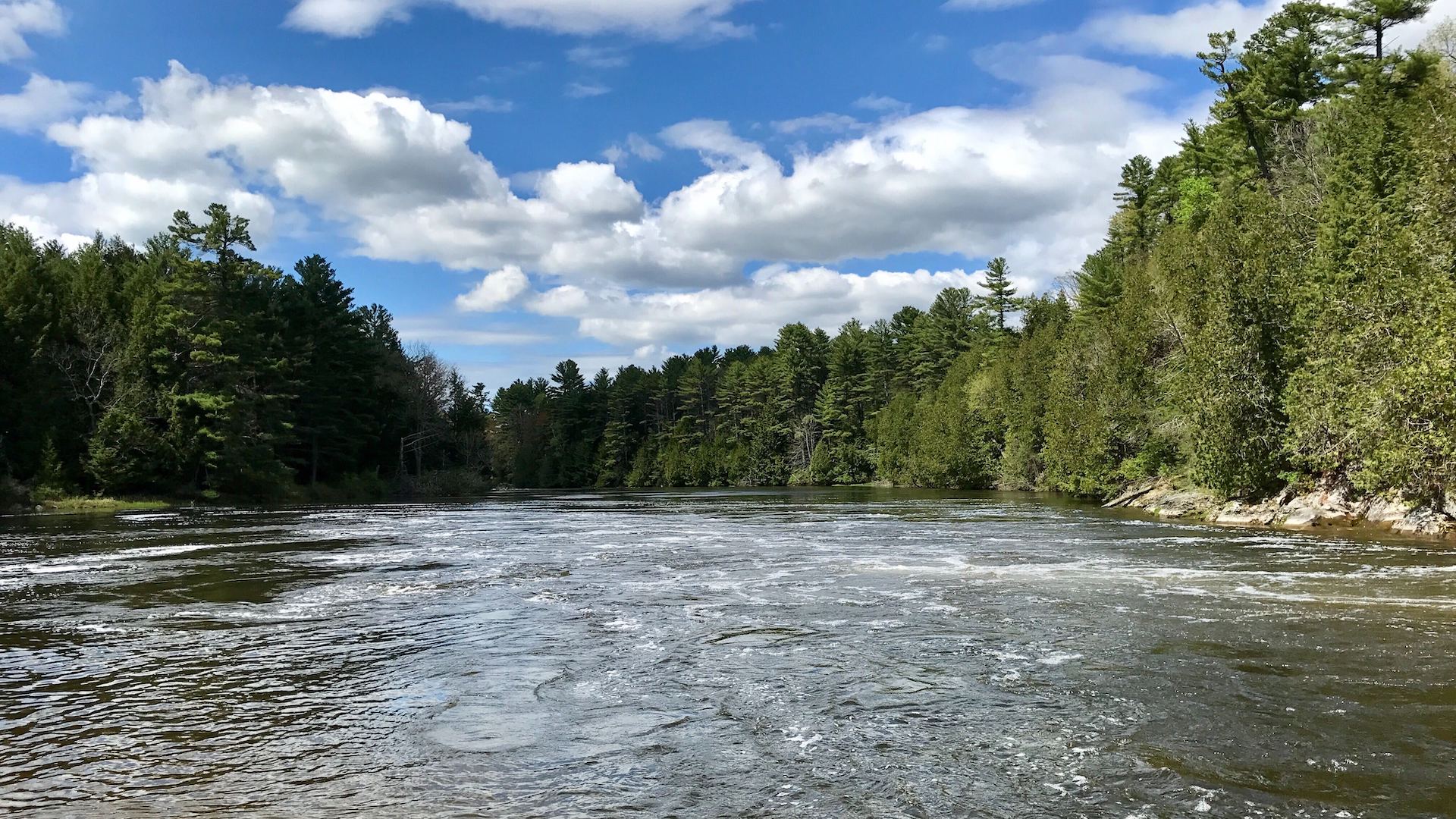On Friday, June 19th, the Global Warming Solutions Act (GWSA) passed through Vermont’s Senate Natural Resources and Energy Committee, a major step in the bill’s progress through the state legislature.
The bill is now in the Appropriations committee and, if it passes through, will move to the Senate for a vote. While the legislature plans to wrap up their session by the end of this week, it will reconvene in late August, and it’s possible the bill will get pushed to then — it already passed through the House this past February. If it passes through the Senate, the bill will go to the Governor for a final signature.
What’s this bill all about?
Vermont’s GWSA is a massive step towards holding lawmakers accountable in meeting their ambitious climate goals, making it legal for citizens to sue the state if Vermont does not reach its emissions reduction targets.
In the past, Vermont has failed to meet their greenhouse gas emissions reduction goals, and this bill is an essential step if state lawmakers are to be held accountable for new targets.
It was written in response to the Trump administration’s removal of the United States’ from the Paris Agreement, an international treaty that involves almost every nation in the world in order to combat climate change and reduce heat-trapping gas emissions.
The GWSA assures that Vermont will stick to it’s Paris Agreement targets, which are:
-
-
- 26% below 2005 levels by 2025
- 40% below 1990 levels by 2030
- 80% below 1990 levels by 2050
-
“The reason that this bill is the #1 priority of the Climate Caucus is because it’s really foundational to all the work that we need to do in the future. It’s going to set our aspirational targets into a statute of requirement, which means that we can’t just throw up our hands and say “oh well” when we miss our targets in the future, which is what Vermont and many other states have been doing for a long time,” Representative Sarah Copeland Hanzas, one of the bill’s primary sponsors and member of the Vermont Climate Caucus, told Climate XChange.
The bill creates the Vermont Climate Council to oversee implementation of the emissions reductions, composed of state officials as well as representatives from private sectors across the state. While in committee, it was altered to include representatives from the manufacturing sector as well.
Working with the Secretary of Natural Resources, the Council will create and update a Climate Action Plan that ensures goals are met. The Secretary of Natural Resources is also required to produce a set of rules, consistent with the Climate Action Plan, to lead the state in reaching the 2025 benchmark. These rules will be reviewed bi-annually, and will include quantifiable targets that can be easily measured.
By requiring both the Vermont Climate Council and the Secretary of Natural Resources to work closely on the implementation of the GWSA, a wide variety of state and non-governmental actors will be actively involved in the process of meeting emissions reduction targets.
A focus on inclusion
Another key component of the bill is its focus on rural communities, who are particularly vulnerable to the effects of climate change, and often lack the resources needed to transition to an economy that does not rely on fossil fuels. The GWSA directs funding specifically towards these communities for clean transportation, greener energy, and lower heating and housing costs.
“The folks who are potentially most at risk of being left behind in the transition to a cleaner economy are my people, those living in rural areas. The Global Warming Solutions Act puts in place a council and requires a plan that specifically requires that we do this (transition) in rural areas. To me, that is critical,” Representative Laura Sibilia, another one of the bill’s sponsors, told Climate XChange.
Bringing in stakeholders from across the board has been a massive focus for the sponsors of this bill to ensure that it meets the needs of the community. “What we knew first and foremost was that we needed to take this idea out and actually engage with Vermonters about what it actually means,” said Representative Copeland Hanzas.
This meant hosting large town halls that engaged with citizens from across the state with a huge variety of different backgrounds. Not only did this help build widespread support and awareness across the board, but it also meant that this bill takes into consideration the real needs of Vermont’s citizens.
Why is this bill important?
For Vermont, passing this bill is essential for its economic viability. Climate impacts have already made a huge impact on the state, which only stand to worsen as climate change increases. In 2011, when Hurricane Irene flooded the state, Vermonters were left stranded and infrastructure across the state was destroyed. This disaster caused $733 million in damages, ruining over 2,400 roads, 800 homes and businesses, and 300 bridges.
A state full of beautiful streams and rivers, the increasing natural disasters and flooding that are predicted to come if emissions are not reduced seriously threaten Vermont livelihoods. This is not to mention the negative effects the changing climate will increasingly have on Vermont’s $700-million dairy industry, winter recreation and snow sports, as well as public health.
Vermont also currently loses lots of money to fossil fuels, which primarily come from out of state. In fact, 80 cents of every dollar spent on fossil fuels in Vermont leaves the state, adding up to over $1.5 billion every year. With investments in renewables that could come from the GWSA bill, that money could stay within the state, and help boost Vermont’s own economy.
The first step in addressing these problems is not only setting targets to reduce the carbon emissions that are causing these issues, but also by ensuring that these targets are met. The GWSA bill makes sure that Vermont will reduce its emissions, in line with international standards, and creates a foundation to help build economic resilience against climate impacts.









